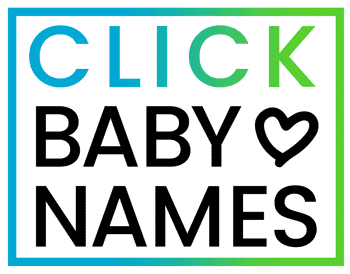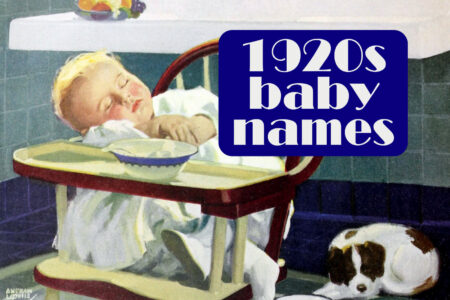Magical Mila: A memorable classic
The name Mila has captured the hearts of many parents.
With its straightforward and sweet sound, this name is perfect for a beloved new addition to your family.
Pronunciation of the name
Pronouncing Mila is simple: MEE-lah.
It’s a two-syllable name, with the emphasis on the first syllable.
The name rhymes with “tequila”.
Common mispronunciations include MY-lah, but the correct way focuses on the “ee” sound.
Origin of the name
Mila’s roots are in Eastern Europe, with the name often considered a diminutive form of longer names like Milena, Ludmila, or Milica.
Mila is derived from the Slavic element “mil” which means “gracious” or “dear.”
Historically, names with this root, like Ludmila, were popular in Slavic nations and gradually spread to other parts of Europe.
Names with “mil” (like Miloslav or Milena) were popular because they suggested someone kind and good-hearted.
Over time, Mila has evolved into a standalone name.
Popularity of the name
Mila has experienced a significant rise in popularity across the globe, especially in the United States.
Data from the Social Security Administration show that Mila has climbed into the top 100 baby names list in recent years and continues to trend upwards.
This name has seen waves of popularity at different times and places, but its recent spike can be linked to the influence of popular culture and celebrities.
Celebrities with the name
- Mila Kunis — American actress known for “That ’70s Show” and “Black Swan.”
- Mila Jovovich — Actress and model, star of the “Resident Evil” movie series.
- Milana Vayntrub — An Uzbekistan-born American actress and comedian famous for her role as Lily Adams in AT&T commercials, as well as her parts in web series and TV shows.
- Mila Mason — American country music artist known for her hit singles in the 1990s.
- Mila Mulroney — Wife of the 18th Prime Minister of Canada, Brian Mulroney, known for her charity work and influence in Canadian society.
- Mila Ferreira — A Portuguese singer and television presenter, known for her contributions to the Portuguese music scene.
- Mila Azul — A Ukrainian model and internet personality, recognized for her work in fashion and online platforms.
- Mila del Sol — A pioneering Filipino actress who starred in numerous films during the Golden Age of Philippine Cinema.
Nicknames and variations
- Milla — A variant spelling that adds a subtle twist.
- Milena — Offers a more traditional feel, directly tied to its Eastern European roots.
- Milica — Another traditional form, common in Serbia and Croatia.
- Milana — Adds a lyrical quality to the original name.
Modern variations of Mila include:
- Myla — Incorporates a contemporary spelling with a ‘y.’
- Meela — A phonetic variation that emphasizes the ee sound.
Similar names
If you like the sound of Mila, but you’re still exploring, consider these similar names:
- Mia — Shares the short, sweet quality of Mila.
- Lila — Offers a soft, lyrical sound with a different initial letter.
- Mira — Carries a similar melody and ease of pronunciation.
- Milia — A blend of Mila and Mia, for something a little different.
- Mara — Simple and elegant, with a timeless quality.
- Lana — Smooth and easy on the ears, with a similar appeal.
- Nila — Offers a unique twist with an ‘n’ start.
- Tila — Less common, with a distinctive character.







